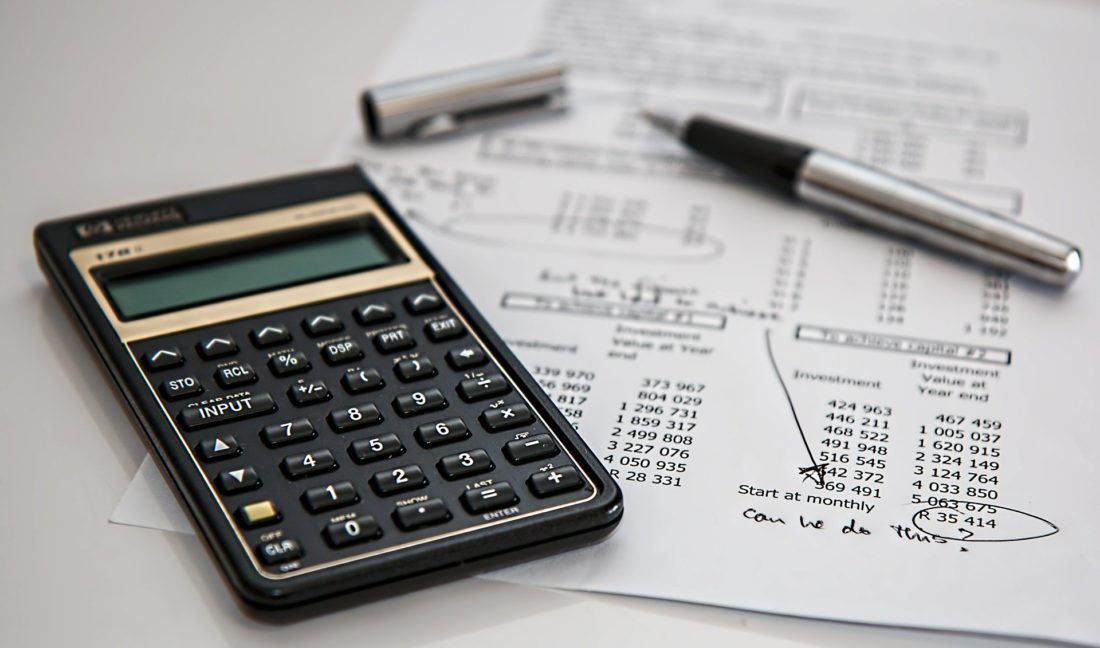 For many American taxpayers, owning real estate is not only a definitive part of living the American dream, but is a vehicle for generating significant income. Whether you just sold your first home, or have a robust portfolio of investment properties, it is important to understand some of the basic tax implications regarding real estate transactions. The experts at Optima Tax Relief answer some of the most common scenarios taxpayers face regarding the sale of their home.
For many American taxpayers, owning real estate is not only a definitive part of living the American dream, but is a vehicle for generating significant income. Whether you just sold your first home, or have a robust portfolio of investment properties, it is important to understand some of the basic tax implications regarding real estate transactions. The experts at Optima Tax Relief answer some of the most common scenarios taxpayers face regarding the sale of their home.
I used the profits of the sale of my home to pay off my mortgage – what does that mean for my tax liability?
If you used the profits made from the sale of your home to offset the debt of an existing mortgage, the amount you put against the existing mortgage is not considered part of the taxable amount resulting from the sale. What is relevant, however, is determining what the amount you realized off the sale of you home, and the adjusted basis amount – as these will determine whether or not your have a tax liability resulting from the sale.
How do I determine if there is a capital gain I need to pay taxes on?
To determine the amount off the sale of your property, and the tax liability, there are a number of factors to be taken into consideration.
- Amount realized – includes any cash or property received plus any debt assumed by the buyer (and whether that debt is eliminated as part of the sale) – minus your selling expenses
- Adjusted basis – cost of acquiring the home (including mortgage if relevant) plus cost of capital improvements (if any) – minus casualty loss amounts and any additional losses/decreased.
If the amount you realize is more is more than your adjusted basis in your home, that is considered a taxable capital gain. You can refer to Publication 523, Selling Your Home at IRS.gov for more detail about how to calculate tax liability relative to the sale of your home.







